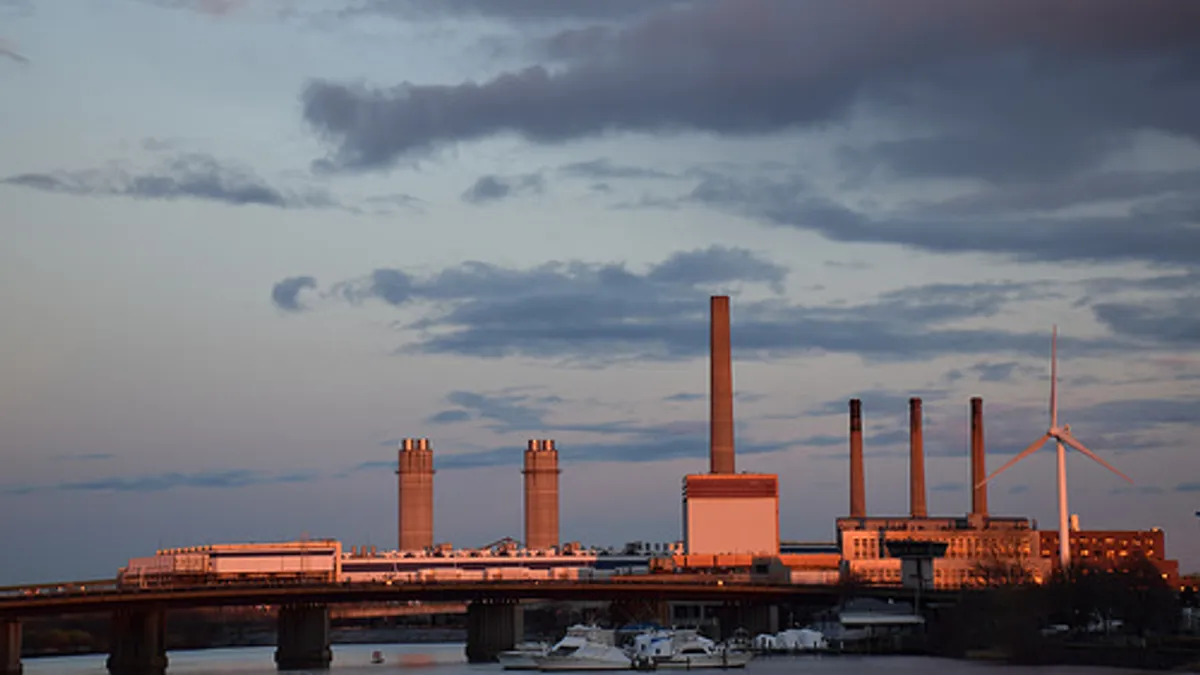Dive Brief:
-
ISO-New England filed proposed interim revisions to its capacity market rules with the Federal Energy Regulatory Commission on Friday, seeking to preserve market operations as it designs new compensation mechanisms for fuel secure resources.
-
The ISO's proposal would treat fuel secure generators as price takers in the region's next capacity market auction, not allowing them to set clearing prices. The grid operator and stakeholders would then work to design new market rules for generators that have firm, uninterruptible fuel supplies in future auctions.
-
The ISO's filing rejects two changes proposed by FERC in July, saying they would result in capacity overprocurement. The proposed changes are separate from a cost recovery proposal filed by Exelon for its Mystic gas plant, both of which must be approved by the federal regulatory body.
Dive Insight:
Squeezed by tight filing deadlines and an upcoming auction, ISO-NE on Friday proposed a bridge to transition its market into valuing fuel security.
In July, FERC ordered the ISO to reshape its market rules within 60 days to better compensate generators that keep fuel like oil or liquefied natural gas onsite. Federal regulators recommended two changes — devising a fuel security payment in capacity markets, or taking the fuel secure generators out of the market altogether.
The ISO on Friday rejected both those proposals. Allowing plants like Mystic to operate outside the capacity market would allow other generators to take their capacity supply obligations, the ISO said, leading to more plants on the system and suppressed wholesale prices.
Devising a fuel security payment in the capacity market could be a viable option, ISO-NE said, but the grid operator has not had enough time to design such a mechanism for its next auction in Feb. 2019.
Instead, the ISO proposes to treat those fuel secure resources as "price takers" for that auction. In that case, generators like the Mystic plant could receive market revenues, but not set auction prices for other resources.
Exelon says those revenues are not sufficient to keep Mystic operating, and in July filed with FERC to have the plant receive cost recovery. If that is approved, any market revenues Mystic receives would be be subtracted from the costs ratepayers would contribute to keep the plant open.
The result, ISO-NE said, would be that market clearing prices would be the same as what they are today, but fuel secure plants would still receive the financial support they need above market revenues to stay operational.
Even so, the ISO admits that the price taker treatment "fails to compensate resources that provide both resource adequacy and fuel security for this latter reliability attribute in a uniform and transparent manner." While it is "not feasible" to develop a fuel security payment for the next capacity auction, the ISO said it "commits to working with stakeholders to identify an alternative" for future auctions.














